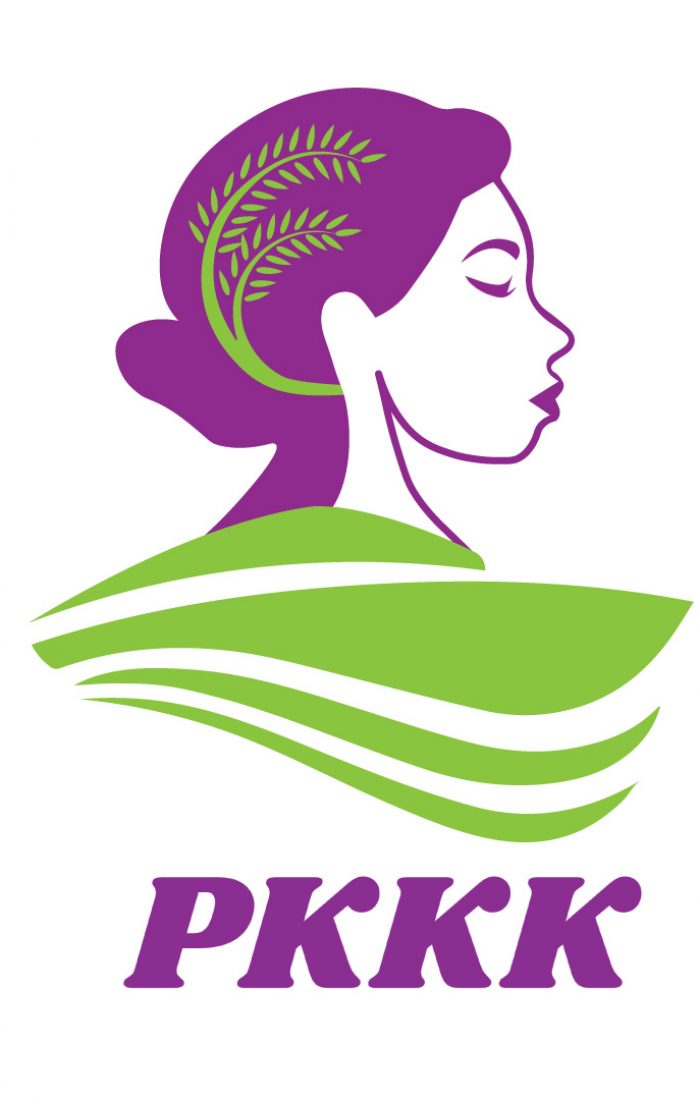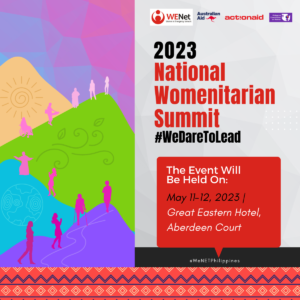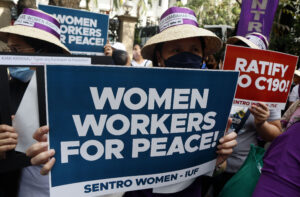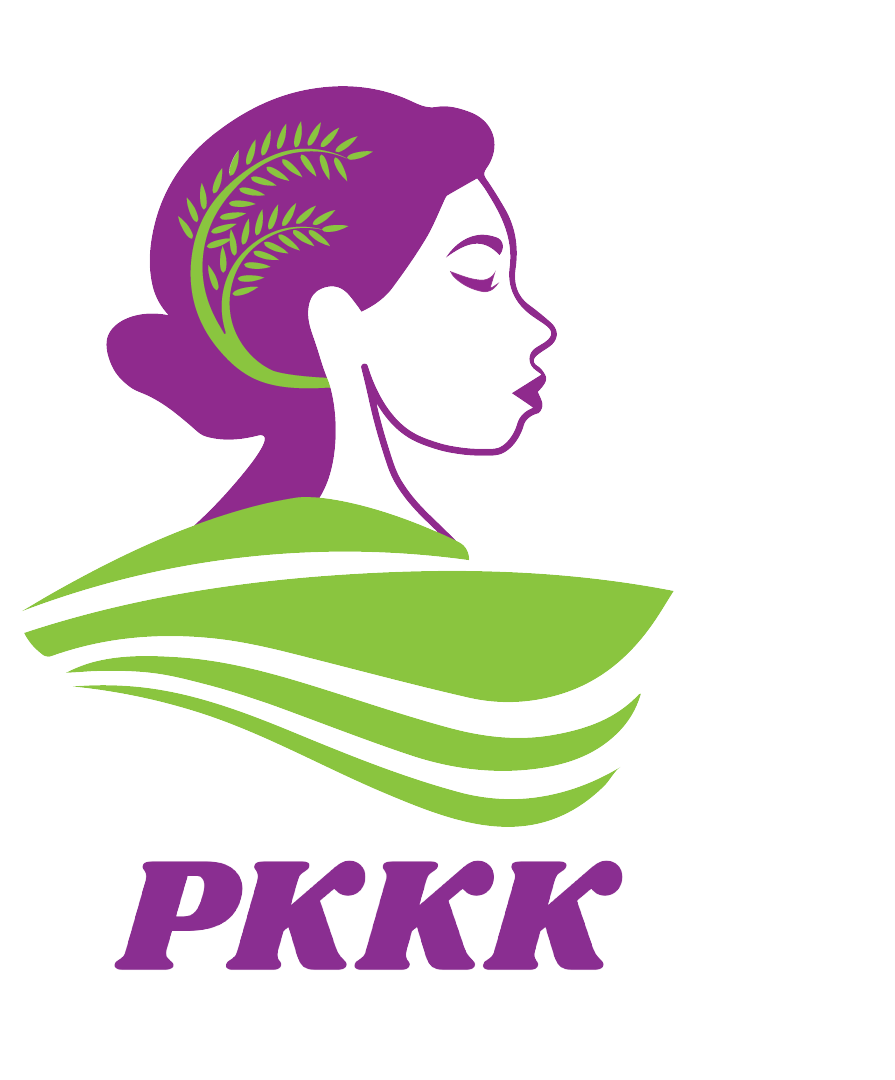“Bakit ka huminto?” “See you next month!” “Mami-miss kita!” “Akala mo lang wala, pero wala talaga!”
[“Why did you stop?” “See you next month!” “I’ll miss you!” “You just thought it was there, but it really wasn’t!”]
These are just some of the iconic lines shared by our participants during introductions at the SPS-MERON project inception. These humorous and personal one-liners show how menstruation is part of our everyday lives, even if it’s often left out of everyday conversations.

Last June 15 to 16, the Pambansang Koalisyon ng Kababaihan sa Kanayunan (PKKK) brought together thirty-one rural women leaders, including youth representatives from nine areas, at Ciudad Christia Resort in San Mateo, Rizal. For two days, we introduced PKKK’s newest initiative related to Rural Women Agenda 7 on Sexual and Reproductive Health and Rights (SRHR). This is the Sang Pour Sang (SPS) – Menstrual Empowerment in Rural Communities by Owning the Narratives (MERON) project.
The MERON project is a 16-month initiative supported by Fos Feminista and in partnership with Agence Française de Développement (AFD). It aims to challenge menstrual stigma and discrimination by promoting menstrual health and dignity. The project uses an intergenerational and life-cycle approach, and it will be implemented through community engagement and education efforts in various areas across the Philippines.
Regla o Hindi? A Workshop on Menstrual Narratives
One of the highlights of the inception was the “Regla o Hindi” workshop. During this workshop, participants shared their experiences, beliefs, and practices around menstruation—whether they still menstruate or not.

They reflected on what they knew about menstruation and when they learned these ideas: during their first period, in adulthood, or post-menstruation. They then grouped similar responses and joined a plenary session. In the plenary session, 16 statements were presented, and participants were asked to decide whether each one was a “regla” (fact) or “hindi” (myth).
This activity helped bring out how knowledge and beliefs around menstruation are formed and passed on, and why it’s important to create space for open and informed conversations.
Menstrual Health and Rights
In the afternoon session, we had a discussion on menstrual health and dignity and its connection to the broader SRHR and human rights agenda. Participants reflected on how menstruation is not just a health issue, but also a rights issue.
“Ang menstrual health ay usapin ng karapatan at hustisya. Kapag may dinaramdam, hindi dapat tinitiis, pero bakit ang sakit sa regla ay kailangang tiisin?”
[“Menstrual health is a matter of rights and justice. When we’re in pain, we shouldn’t have to endure it—but why is period pain something we’re expected to just endure?”]
This moment reminded us that menstrual pain, stigma, and silence are part of larger systems of inequality that affect menstruators.
Planning for Action
To prepare for the community rollout of the project, participants joined group workshops to plan for the next six months. First, they identified the three main goals of the MERON project and the possible challenges in reaching them. Then, they worked together to come up with local action steps. They also took inspiration from the stories of previous advocacy projects of PKKK related to sexual & reproductive health & rights (SRHR), such as the Girls Advocacy Alliance (GAA) and Sexual Health & Empowerment (SHE) projects.
Area-based groups created their own action plans, setting activities with clear timelines and proposed budgets for July to December. At the same time, the PKKK National Secretariat also crafted its own support strategies to help ensure that the overall goals of the project will be achieved.

Through this collaborative process, the participants showed their readiness to lead efforts that promote menstrual health and dignity in their own communities.
Let’s Keep the #MERONgUsapan Going
Now we ask: Do you remember the day you had your last menstruation? Do you talk about this openly with the people around you?
Menstruation is a natural part of life. Through this project, we hope to normalize conversations about it—whether it’s at home, in our communities, or in public spaces. When we talk about menstruation, we help break the silence, end the stigma, and claim our right to health and dignity.
Let’s keep the #MERONgUsapan going.
By: Laica Bagnes







